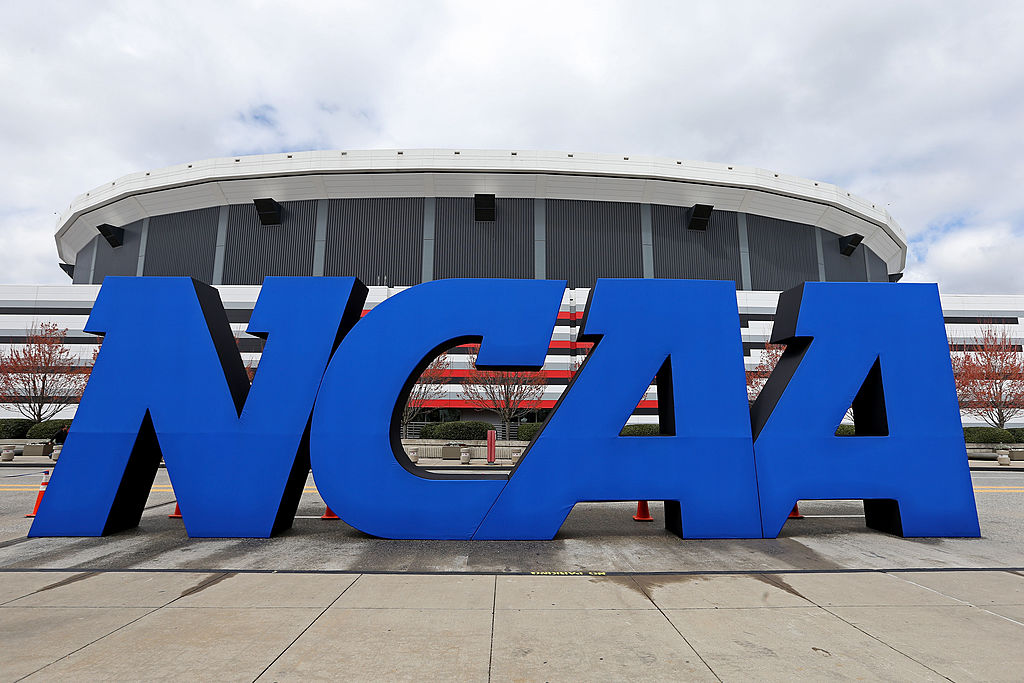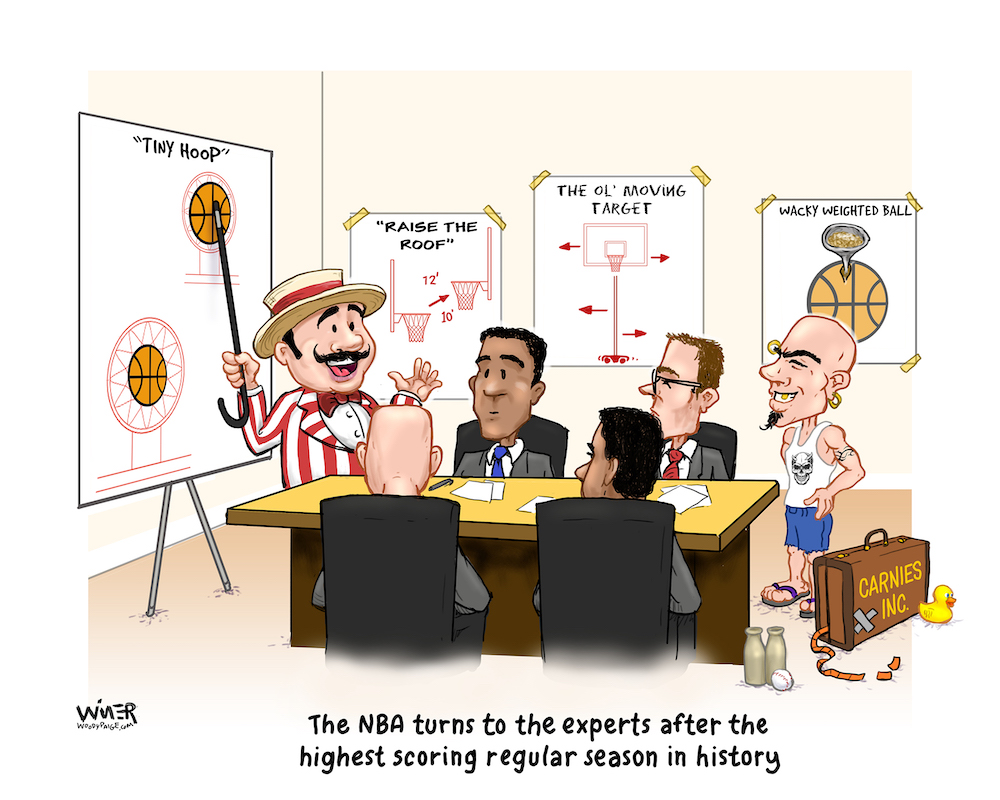Exactly how do you decide who is the “Most Outstanding Player” in college football? The criteria for selecting the Heisman Trophy winner is 100% subjective.
The 870 or so voters who end up selecting the winner of what remains the most prestigious individual trophy in American sports each have their own set of factors they use in deciding who to vote for. Some look at statistics more closely that others. Some take team success into the equation, while many do not. Most use a combination of things, including the good old fashioned eyeball test. And certainly there are some now basing their vote purely on the analytics. Isn’t that the trend?
For what it’s worth, in my 22 previous seasons voting for the Heisman Trophy winner, I’ve based my vote on one major factor: Who is indispensable?
My vote goes to the player who is the biggest difference maker in taking a team from good to great. From contender to champion. Stats do matter, but only in the context that they produce big-time wins in the biggest games.
Over my two decades as a voter, I’ve voted for the ultimate winner about half the time. In my not-so-humble-opinion (I mean, who among us actually has a “humble” opinion?) my fellow voters have far too often simply made the easy choice; picked a guy with big numbers or who plays on the best team. There’ve been some egregious mistakes made over the years.

For example, how does Lamar Jackson, who absolutely faded away down the stretch with a bevy of costly turnovers as his Louisville team fell out of title contention in 2016 and didn’t even make a New Year’s Six bowl game, still win the Heisman over Clemson’s DeShaun Watson, who carried his team to the national championship that season? How did Alabama’s Derrick Henry, who wasn’t even the most important player on his own team, get the award over Stanford’s Christian McCaffrey, who set all sorts of total yardage records while leading his team to the 2015 Pac-12 title and a Rose Bowl win?
These are just two recent examples of major mistakes that the voting block has made, for reasons that range from voting too early (rather than including the season’s most important and impactful games in this key evaluation), to being too lazy to watch enough games, to having biases that have undue influence over the selection.
Watson and McCaffrey put up big numbers, but more importantly were simply indispensable to their team’s ultimate success. Without Jackson, Louisville would have finished in just about the same place they did in ‘16 (9-4, with a loss to LSU in the Citrus Bowl.) And without Henry, Alabama would have simply plugged in another running back and still won the ‘15 national title.
On the flip side, without Watson, Clemson doesn’t beat Louisville for the ACC title and then defeat the Crimson Tide in the ’16 College Football Play-off, and without McCaffrey, Stanford would have been an also-ran, rather than becoming the Pac-12 and Rose Bowl champs in ‘15.
Critics often complain that the award almost exclusively goes to an offensive “skill” position player. While you can make an argument that a defensive player could be the “most outstanding” in a given year – the way Nebraska’s Ndamukong Suh may have been in 2009, when another very replaceable Alabama running back, Mark Ingram Jr., won the award – the fact remains that a defensive player has less impact on a game than a quarterback or running back who touches the ball on almost every play.
Opposing coaches can craft a game plan to limit the amount of impact a player like Suh or Charles Woodson (the only primarily defensive player to ever win the award in 1997) has on a game. Double teams, directing plays away from that player’s side of the field and other coaching maneuvers can limit a particular defensive player’s chances to influence the outcome. How does a coach limit the amount of touches – or the impact on a game – of the opposing quarterback?
The fact of the matter is that Tennessee’s Peyton Manning should have won the ’97 Heisman (putting up huge stats while leading the Vols to the SEC title and a shot at the national championship) and Colt McCoy of Texas should have won it in ’09 (a Big 12 title and a place in the title game against Alabama). Take either of those players off their respective teams and those teams get nowhere close to major bowl games or championships.
A lot of us wish the Heisman Trophy voting was done AFTER the entire college football season was completed, rather than being done prior to the most important post-games. Filling up the stat sheet during the regular season is great but leading a team to the conference or national championship should count for even more.
Let’s hope the other 869 voters join me in waiting until the last allowable moment to cast a vote for this season’s Heisman winner.
And let’s get it right this time.
Listen to Mark Knudson on Monday’s at 12:30 with Brady Hull on AM 1310 KFKA and on Saturday mornings on “Klahr and Kompany” on AM 1600 ESPN Denver.

















